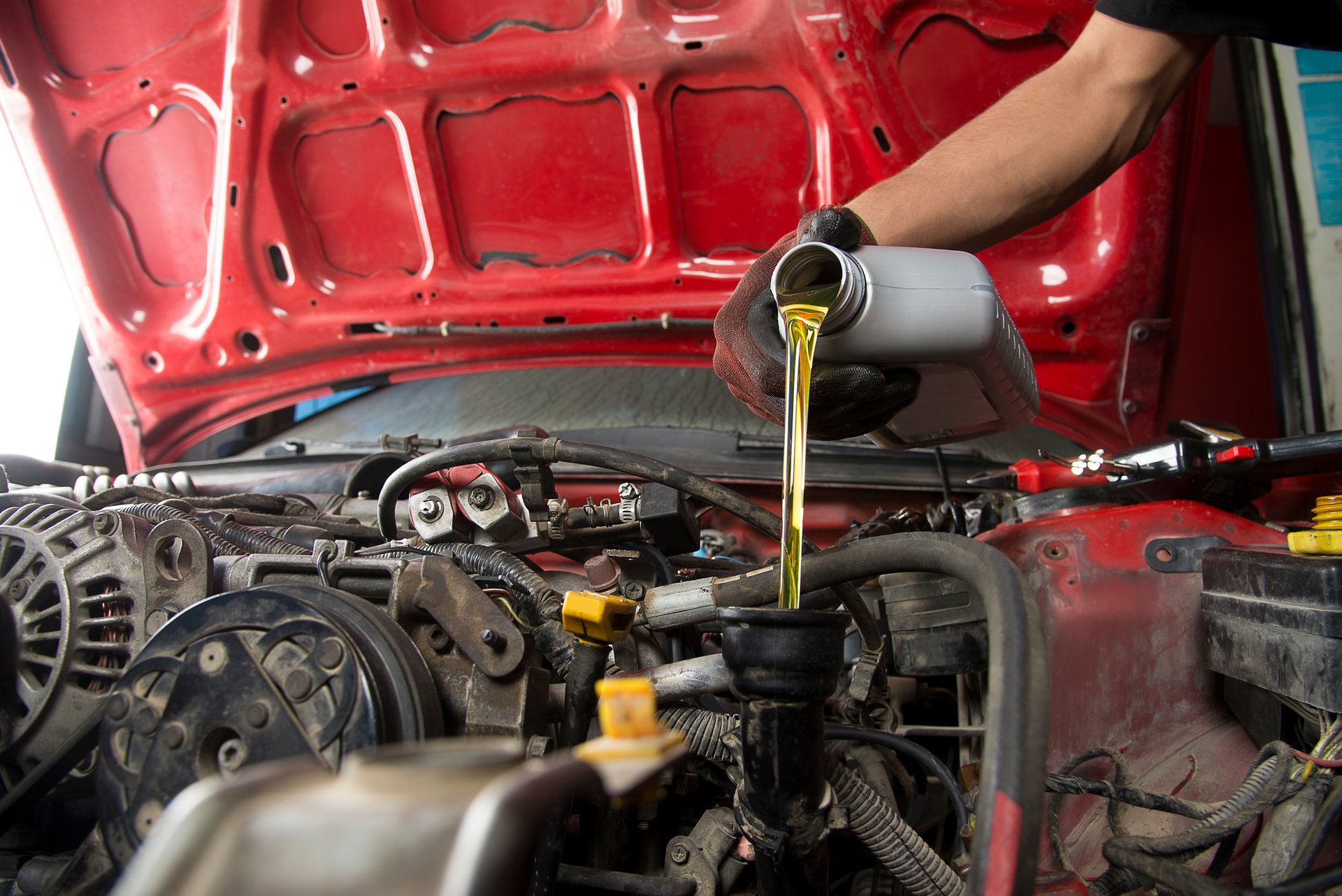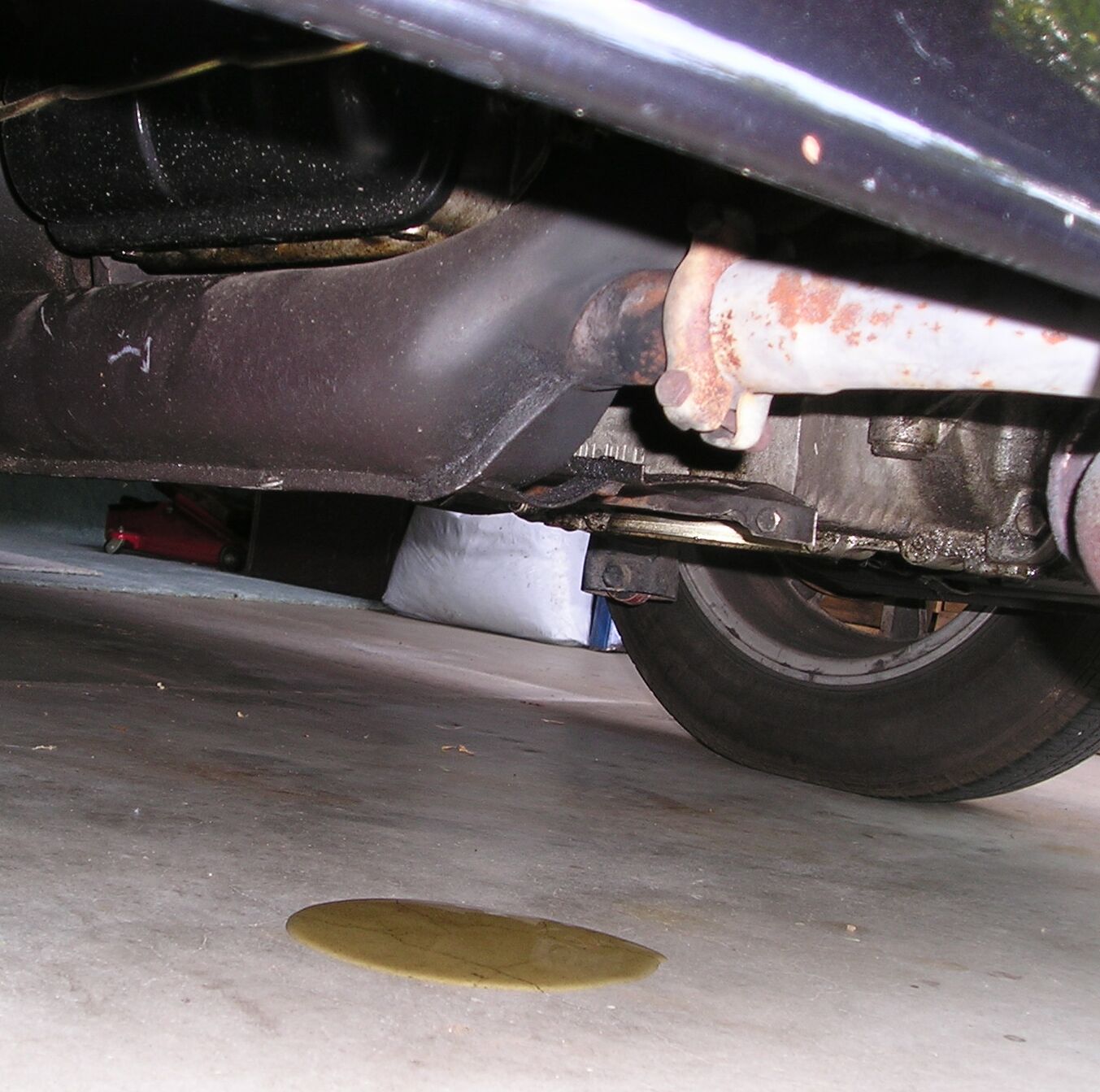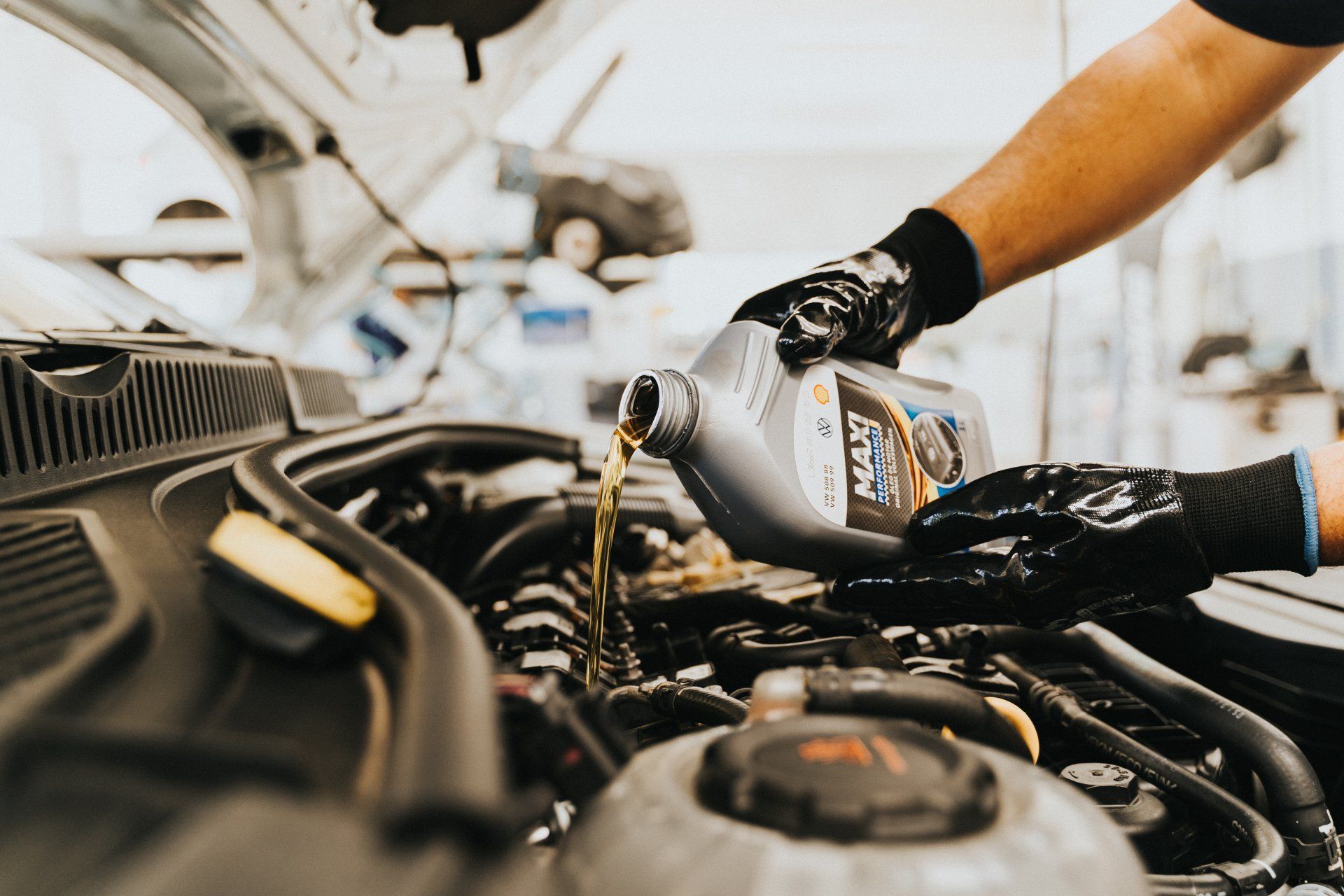Every car owner dreads the sight of oil stains beneath their vehicle. Oil leaks can be a nuisance, but more importantly, they can indicate underlying issues that could affect the performance and longevity of your car. Understanding the causes of oil leaks is crucial for preventing costly repairs and ensuring your car runs smoothly.
Oil leaks can result in a decrease in your car’s performance, leading to increased fuel consumption and reduced power. They can also cause engine damage if left unchecked, as the lack of lubrication can result in overheating and wear. Additionally, oil leaks can result in environmental concerns, posing hazards to wildlife if the leaked oil enters waterways.
What Causes Oil Leaks In Vehicles?
Oil leaks can originate from various components of your vehicle’s engine and lubrication system. Some common causes include:

– Worn or damaged gaskets and seals: Gaskets and seals create a barrier between different parts of the engine to prevent oil leaks. As they age or become damaged, they can lose their sealing effectiveness, allowing oil to escape.
– Loose or cracked oil pan: The oil pan, located at the bottom of the engine, holds the oil supply. If it becomes loose or cracked, oil can leak out.
– Faulty oil filter: A faulty oil filter can fail to trap contaminants, leading to blockages and pressure buildup within the lubrication system. This increased pressure can cause oil leaks through seals and gaskets.
The Importance of Understanding Oil Leaks
It’s crucial to understand the causes of oil leaks and their potential consequences. By recognizing the signs, you can take prompt action to prevent further damage. Ignoring oil leaks can lead to catastrophic engine failures and expensive repairs.
A Personal Experience with Oil Leaks
How to Identify Oil Leaks
Recognizing the symptoms of oil leaks is vital. Look for oil stains beneath your parked car, especially after long periods of inactivity. Check the dipstick regularly to monitor oil levels. If you notice a drop in oil levels without any obvious explanation, it could indicate a leak.
Other signs include:

– Blue smoke from the exhaust: Burning oil can create blue smoke that is visible from the exhaust pipe.
– Unusual engine noises: Worn seals or gaskets can cause squealing or rattling sounds when the engine is running.
Causes of Oil Leaks
Once you’ve identified an oil leak, it’s time to pinpoint the cause. Common culprits include:

– Worn or damaged gaskets and seals: These barriers prevent oil from escaping between different engine components. As they age or become damaged, they lose their sealing ability, causing leaks.
– Loose or cracked oil pan: The oil pan collects oil at the bottom of the engine. If it becomes loose or cracks, oil can leak out.
– Faulty oil filter: A faulty oil filter can fail to trap contaminants and blockages. As pressure builds up, oil can leak through seals and gaskets.
Hidden Secrets of Oil Leaks
Beyond common causes, there may be hidden factors contributing to oil leaks. These include:

– Excessive engine wear: Worn piston rings or valve guides can allow oil to seep into the combustion chamber, leading to leaks.
– Clogged oil passages: Blocked oil passages can restrict oil flow, causing pressure buildup and leaks.
– Faulty oil pump: A malfunctioning oil pump can fail to maintain adequate oil pressure, resulting in leaks.
Recommendations for Preventing Oil Leaks
Preventing oil leaks requires proactive maintenance and attention to detail. Here are some recommendations:

– Regular oil changes: Regular oil changes remove contaminants that can damage seals and gaskets, extending their lifespan.
– Use high-quality oil filters: Invest in high-quality oil filters that effectively trap contaminants and prevent blockages.
– Tighten oil drain plug securely: Ensure the oil drain plug is tightened securely after oil changes to prevent leaks.
What is an Oil Leak?
An oil leak is a situation where oil escapes from its intended containment within a vehicle. It can occur from various components of the engine or lubrication system, including worn gaskets, damaged seals, loose oil pans, and faulty oil filters.
Tips for Detecting Oil Leaks
Detecting oil leaks early is crucial for preventing costly repairs. Some signs to look for include:

– Oil spots or stains under your parked car
– Low oil levels on the dipstick
– Blue smoke from the exhaust
– Unusual engine noises, such as squealing or rattling
What Causes Oil Leaks?
There are several common causes of oil leaks, including:

– Worn or damaged gaskets and seals: These components create barriers between different engine parts to prevent oil from escaping. As they age or become damaged, they can lose their sealing effectiveness.
– Loose or cracked oil pan: The oil pan is located at the bottom of the engine and contains the oil supply. If it becomes loose or cracked, oil can leak out.
– Faulty oil filter: An oil filter removes contaminants from the oil. A faulty oil filter can allow contaminants to build up and block oil passages, resulting in increased pressure and oil leaks.
Fun Facts about Oil Leaks
How to Repair Oil Leaks
Repairing oil leaks requires specific tools and skills. Here’s a general overview:

– Identify the source of the leak: Determine the exact location where the oil is leaking from.
– Gather necessary tools and materials: You’ll need tools like wrenches, screwdrivers, and replacement parts.
– Replace or repair damaged components: Depending on the cause of the leak, you may need to replace gaskets, seals, or the oil pan.
– Test for leaks: After completing the repair, run the engine and check for any remaining leaks.
What If I Ignore Oil Leaks?
Ignoring oil leaks can have severe consequences. It can lead to:
– Engine damage: Lack of lubrication can cause overheating and wear, ultimately leading to engine damage.
– Environmental hazards: Leaked oil can enter waterways and harm wildlife.
– Increased fuel consumption: Engine performance can suffer, resulting in lower fuel efficiency.
Listicle of Oil Leak Prevention Measures
Here’s a listicle of steps you can take to prevent oil leaks:
– Regular oil changes: Fresh oil helps maintain the integrity of gaskets and seals.
– Use high-quality oil filters: Good filters effectively remove contaminants that can clog passages and cause leaks.
– Avoid overtightening the oil filter: Too much force can damage the gasket, leading to leaks.
– Inspect your vehicle regularly: Check for leaks under your car and monitor oil levels to detect problems early on.
Question and Answer
- Q: What’s the most common cause of oil leaks?
- A: Worn or damaged gaskets and seals are the most frequent culprits.
- Q: Can I repair oil leaks myself?
- A: While some leaks may be simple to fix, it’s generally recommended to seek professional assistance for accurate diagnosis and repairs.
- Q: What are the consequences of ignoring oil leaks?
- A: Ignoring leaks can lead to engine damage, environmental hazards, and reduced fuel efficiency.
- Q: How often should I check for oil leaks?
- A: It’s a good idea to inspect your vehicle regularly, especially after long periods of driving or inactivity.
Conclusion of What Causes Oil Leaks In Vehicles
Understanding the causes of oil leaks is essential for maintaining the health and longevity of your vehicle. By recognizing the signs, taking preventive measures, and addressing leaks promptly, you can avoid costly repairs and ensure a smooth and reliable driving experience.